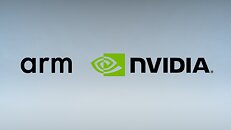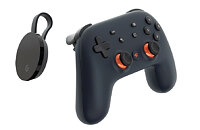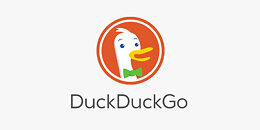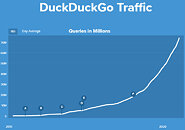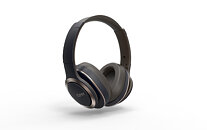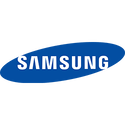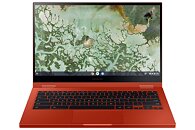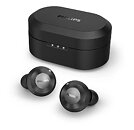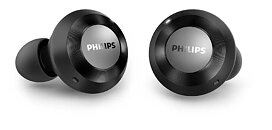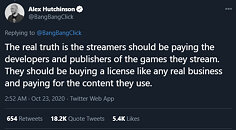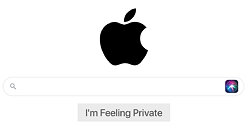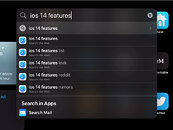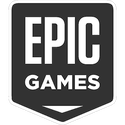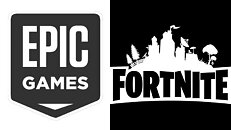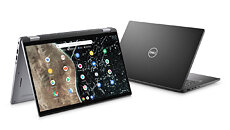GCP, AWS Projected to Become Main Drivers of Global Server Demand with 25-30% YoY Increase in Server Procurement, Says TrendForce
Thanks to their flexible pricing schemes and diverse service offerings, CSPs have been a direct, major driver of enterprise demand for cloud services, according to TrendForce's latest investigations. As such, the rise of CSPs have in turn brought about a gradual shift in the prevailing business model of server supply chains from sales of traditional branded servers (that is, server OEMs) to ODM Direct sales instead. Incidentally, the global public cloud market operates as an oligopoly dominated by North American companies including Microsoft Azure, Amazon Web Services (AWS), and Google Cloud Platform (GCP), which collectively possess an above-50% share in this market. More specifically, GCP and AWS are the most aggressive in their data center build-outs. Each of these two companies is expected to increase its server procurement by 25-30% YoY this year, followed closely by Azure.












